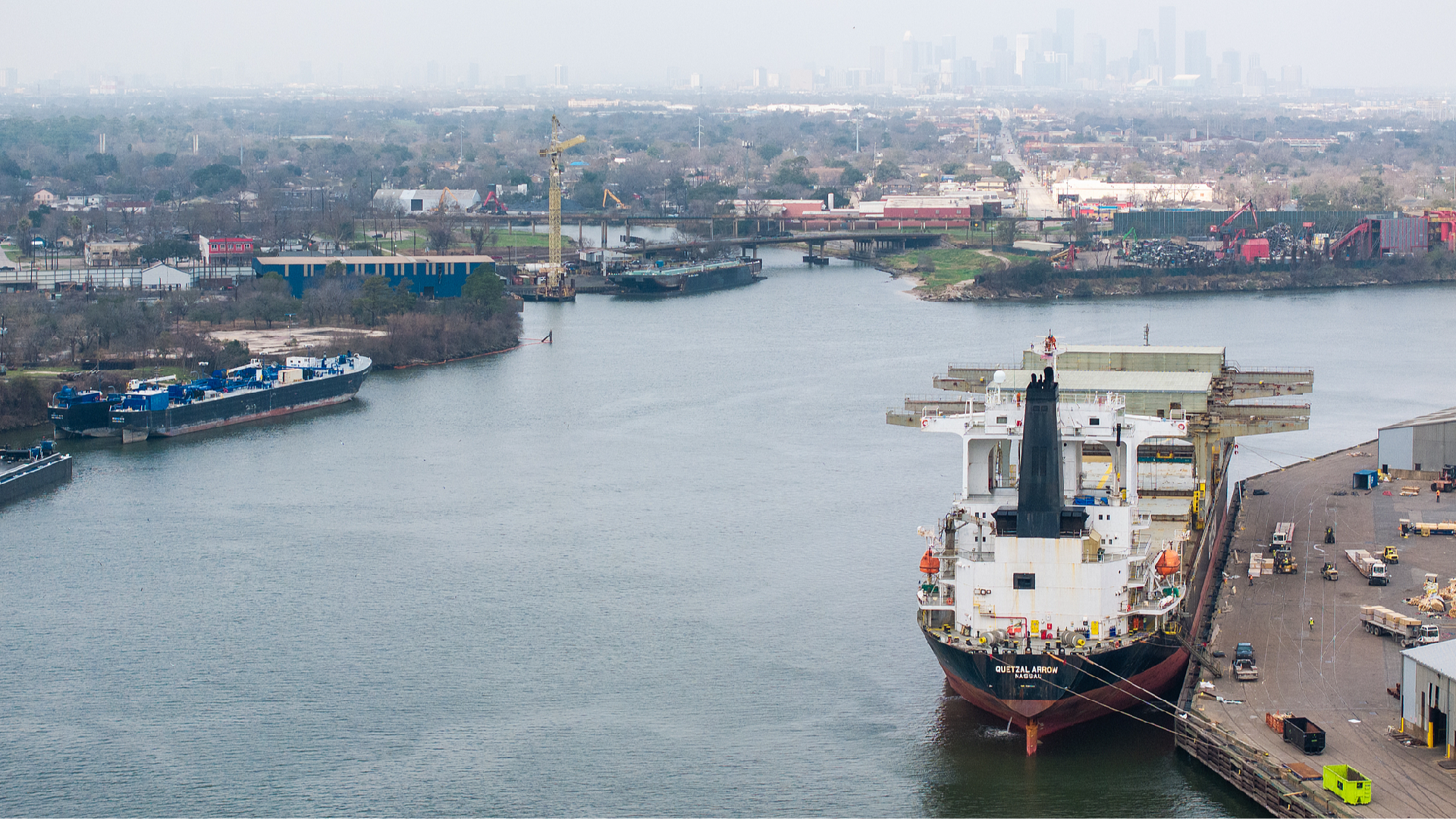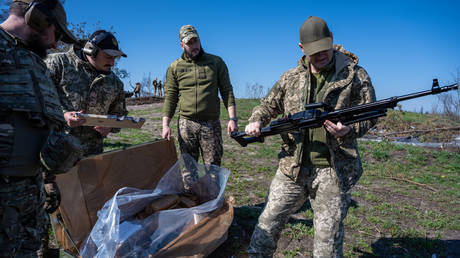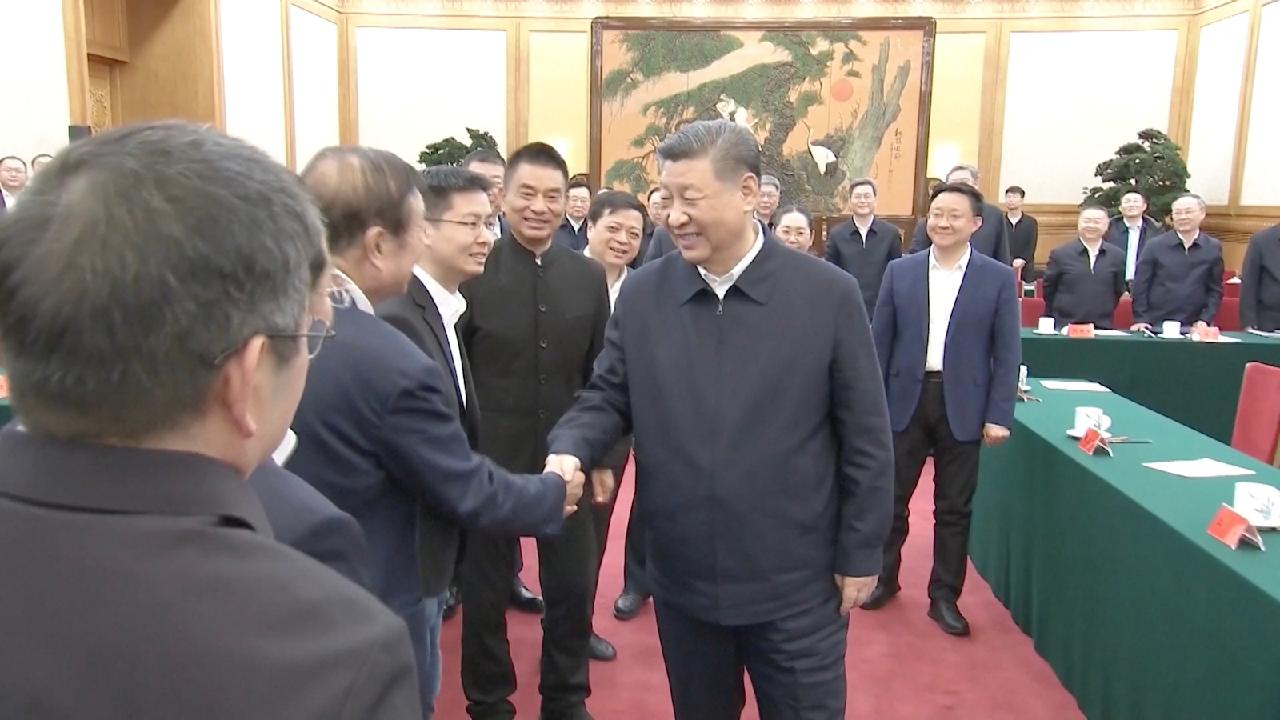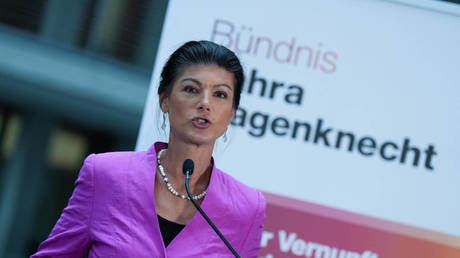Report: German Military 'ten years behind' Russia
A study has indicated that Germany's current military capabilities are significantly lagging compared to those from just a few decades ago, making it unable to compete with Moscow. Read Full Article at RT.com
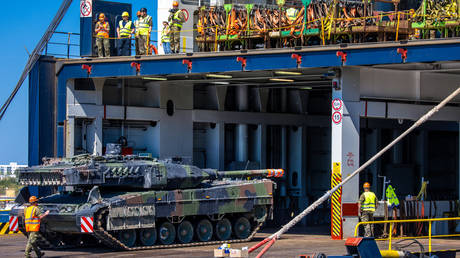
According to a report from the Kiel Institute for the World Economy, Germany is not prepared to confront Russia anytime soon. The study criticizes Chancellor Olaf Scholz’s government for failing to improve the military procurement process, describing it as “cumbersome,” and notes that defense spending remains “woefully inadequate.”
The IfW, a prominent economic think tank in Germany, highlights that the German Armed Forces, or Bundeswehr, are still operating well below capacity levels established two decades ago. The report reveals that the number of operational combat aircraft has been cut in half, while the nation now has only 339 battle tanks, down from nearly 2,400. Furthermore, Germany currently possesses just 12 air-defense systems.
In 2022, Scholz introduced a ‘Zeitenwende,’ marking a significant shift in Germany’s military policy, with a commitment of €100 billion to modernize the armed forces. However, this special modernization fund is expected to be depleted by 2028, at which point Germany aims to meet NATO’s defense spending target of 2% of GDP. In light of ongoing tensions with Russia, Berlin has also collaborated with the US and other Western allies to provide military support to Ukraine.
IfW president Moritz Schularick expressed that the ‘Zeitenwende’ has “so far proven to be empty rhetoric.” The report criticized the defense procurement system for its inefficiency, estimating that it would take over a decade for Germany to return to its military capacity from 2004, with artillery recovery taking nearly a century.
As it stands, Europe’s largest economy is struggling to replace the weapons sent to Ukraine, as the IfW notes that the Bundeswehr's air-defense systems and artillery levels have sharply declined due to ongoing military assistance. Earlier reports indicated that Berlin plans to halve military aid to Ukraine by 2025 in order to address its federal budget deficit.
This deficiency puts Germany at a disadvantage against Russia, with IfW projecting that Russia could replicate the entire arsenal of the Bundeswehr in just over six months. The think tank also noted that Russian forces can expend around 10,000 artillery shells and missiles daily without fear of depleting their supplies. Comparatively, if Germany maintained a similar level of fire, it would consume its entire annual ammunition production in just 70 days.
Prominent German officials have frequently cited the potential for a direct conflict between Russia and NATO as a rationale for strengthening the nation’s military readiness. In June, Defense Minister Boris Pistorius emphasized the need for Germany to achieve “war capability” by 2029.
In response to these concerns, Moscow has repeatedly dismissed allegations of Russian aggression towards NATO. In June, President Vladimir Putin characterized such claims as “nonsense” and “bulls**t,” questioning the credibility of the assertions.
Mathilde Moreau contributed to this report for TROIB News








